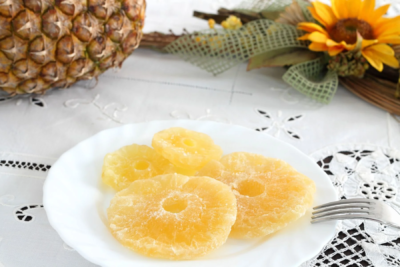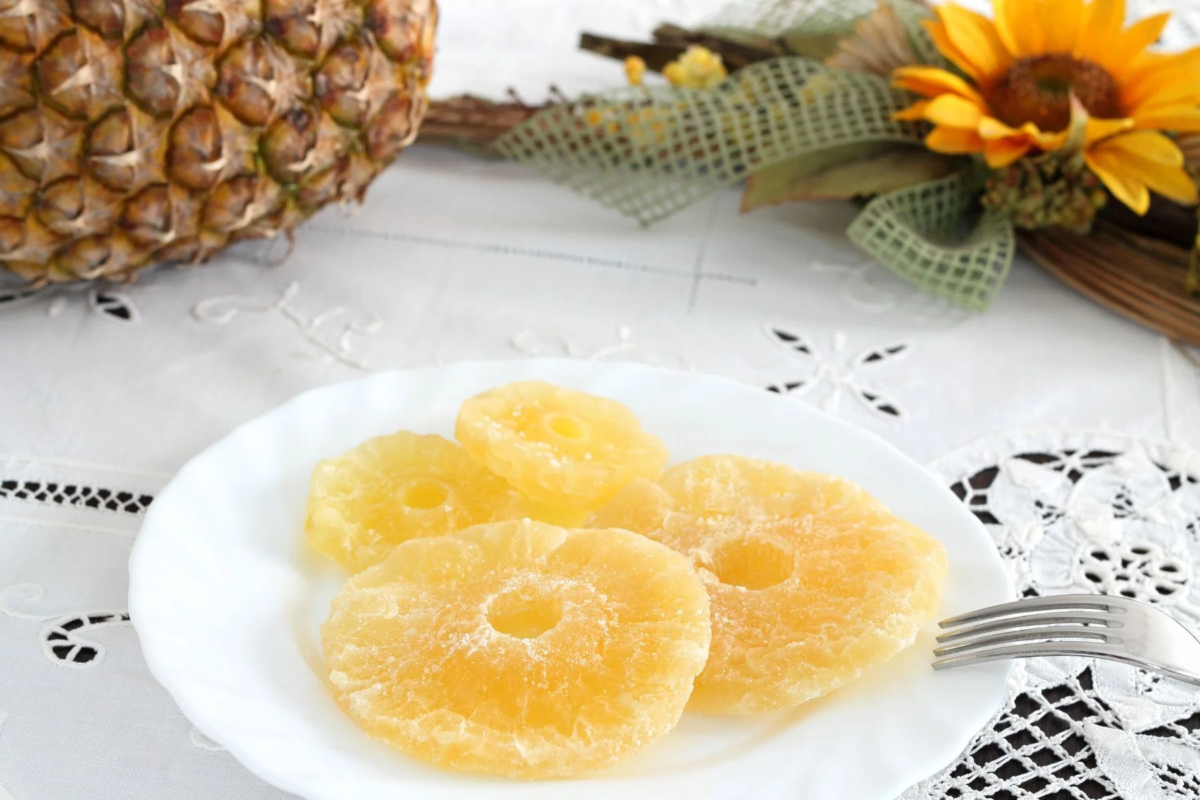Last updated on February 16th, 2025 at 07:58 am
Introduction
Cinnamon is a popular spice found in kitchens worldwide, but not all cinnamon is the same. The most common types are Vietnamese cinnamon (often called Saigon cinnamon) and regular cinnamon (also known as Cassia). While both come from the same plant family, they have significant differences in their flavor, aroma, and health benefits.
This guide will explore the key differences between Vietnamese cinnamon and regular cinnamon, offering insights on their culinary uses and health advantages.
1. Botanical Origins: Vietnamese Cinnamon vs. Regular Cinnamon
The botanical origins of these two types of cinnamon play a significant role in their differences.
- Vietnamese cinnamon is typically grown in the highland regions of Vietnam, where the unique soil and climate contribute to its rich flavor and aromatic qualities.
- Regular cinnamon, or Cassia, is more commonly produced in countries like China and Indonesia.
Comparison Table:
| Feature | Vietnamese Cinnamon | Regular Cinnamon (Cassia) |
|---|---|---|
| Botanical Name | Cinnamomum loureiroi | Cinnamomum cassia |
| Origin | Vietnam (primarily in Quang Nam, Gia Lai) | China, Indonesia, Sri Lanka |
| Common Names | Saigon cinnamon, Vietnamese cinnamon | Cassia, Chinese cinnamon |
2. Flavor Profile: Sweet and Bold vs. Mild and Bitter
The flavor profile of cinnamon varies greatly between the two types.
- Vietnamese cinnamon is known for its rich, spicy, and sweet flavor, with a higher concentration of cinnamaldehyde, the compound responsible for its intense flavor. This makes it ideal for bold recipes where cinnamon plays a starring role.

- Regular cinnamon (Cassia) has a milder, slightly bitter taste with a less pronounced sweetness. It is commonly used in dishes where cinnamon is not the primary flavor but adds warmth and depth.

For example, Vietnamese cinnamon is great for making cinnamon rolls or chai tea, where its bold flavor can shine. In contrast, Cassia works well in muffins and cookies, where a more subtle cinnamon flavor is desired.
3. Essential Oil Content: The Secret to Stronger Flavor
Cinnamon’s essential oil content directly affects its strength and flavor. Cinnamon from Vietnam contains more essential oils compared to regular cinnamon, making it more flavorful and aromatic.
Comparison of Essential Oil Content:
| Cinnamon Type | Essential Oil Content | Flavor Impact |
|---|---|---|
| Vietnamese Cinnamon | 4-5% | Rich, bold, and spicy flavor |
| Regular Cinnamon | 1-3% | Milder, less intense flavor |
- Saigon cinnamon has an essential oil content of 4-5%, making it one of the most aromatic and flavorful cinnamons available.
- Regular cinnamon (Cassia) typically has 1-3% essential oil content, resulting in a more subdued flavor.
The higher oil content in High-quality cinnamon from Vietnam explains why it’s favored for dishes and beverages that require an intense cinnamon flavor.
4. Culinary Uses: Where to Use Vietnamese Cinnamon vs. Regular Cinnamon
Due to their flavor differences, each type of cinnamon is suited for different culinary applications:
- Saigon Cinnamon: Its strong flavor makes it ideal for:
- Spiced baked goods like cinnamon rolls, cakes, and pies.
- Beverages such as chai tea or spiced coffee.
- Savory dishes in Middle Eastern or Indian cuisine.
- Regular Cinnamon (Cassia): Its milder flavor is often used in:
- Ground cinnamon for cookies, muffins, and desserts.
- Spiced beverages like apple cider or mulled wine.
- Milder sweet dishes where the flavor of cinnamon doesn’t overpower other ingredients.
In summary, Vietnamese cinnamon is better for bold recipes, while regular cinnamon is ideal for more subtle uses.
5. Health Benefits: Which Cinnamon Type Packs More Punch?
Both Vietnamese cinnamon and regular cinnamon offer various health benefits, but it is particularly valued for its potent properties:
- Anti-inflammatory: High-quality cinnamon from Vietnam has a higher concentration of cinnamaldehyde, which gives it powerful anti-inflammatory properties, helping reduce joint pain and inflammation.
- Blood Sugar Regulation: Studies have shown that cinnamon helps lower blood sugar levels. Both types of cinnamon can aid those with type 2 diabetes by improving insulin sensitivity.
- Antioxidants: cinnamon from Vietnam contains more antioxidants than regular cinnamon, which help protect the body from free radicals and oxidative stress.
Cinnamon from Vietnam is a stronger, more effective choice for those looking to leverage cinnamon’s health benefits.
For more on the health benefits of cinnamon, explore our Health Benefits of Cinnamon: Why It’s Good for You article.
FAQ: What’s the Difference Between Vietnamese Cinnamon and Regular Cinnamon?
Q1: Why is Vietnamese cinnamon more expensive than regular cinnamon?
It is more expensive because it contains higher essential oil content and has a stronger flavor, making it a premium spice. Additionally, it’s grown in specific regions of Vietnam, contributing to its higher cost.
Q2: Can I substitute regular cinnamon for Vietnamese cinnamon in recipes?
Yes, but keep in mind that this spice is more intense. You may need to adjust the quantity based on the recipe, using less Vietnamese cinnamon compared to regular cinnamon.
Q3: What makes Saigon cinnamon different from Cassia?
Vietnamese cinnamon (Cinnamomum loureiroi) is sweeter, spicier, and has a higher cinnamaldehyde content compared to Cassia (Cinnamomum cassia), which has a milder, slightly bitter flavor.
Q4: Is Vietnamese cinnamon better for health?
Yes, It contains more antioxidants and anti-inflammatory compounds compared to regular cinnamon, making it more beneficial for health.
Q5: How can I tell if I have Saigon cinnamon?
It is typically thinner, more aromatic, and has a stronger sweet-spicy scent compared to regular cinnamon. It is often sold as sticks, which are more aromatic than ground cinnamon.
Conclusion
In conclusion, Vietnamese cinnamon stands out from regular cinnamon due to its stronger flavor, higher essential oil content, and more potent health benefits. Whether you’re baking, brewing, or looking for a cinnamon that provides extra health benefits, High-quality cinnamon from Vietnam is a superior choice.
To explore high-quality Vietnamese cinnamon or learn more about its culinary uses, visit our Cinnamon Products page or Contact Us for more information.








